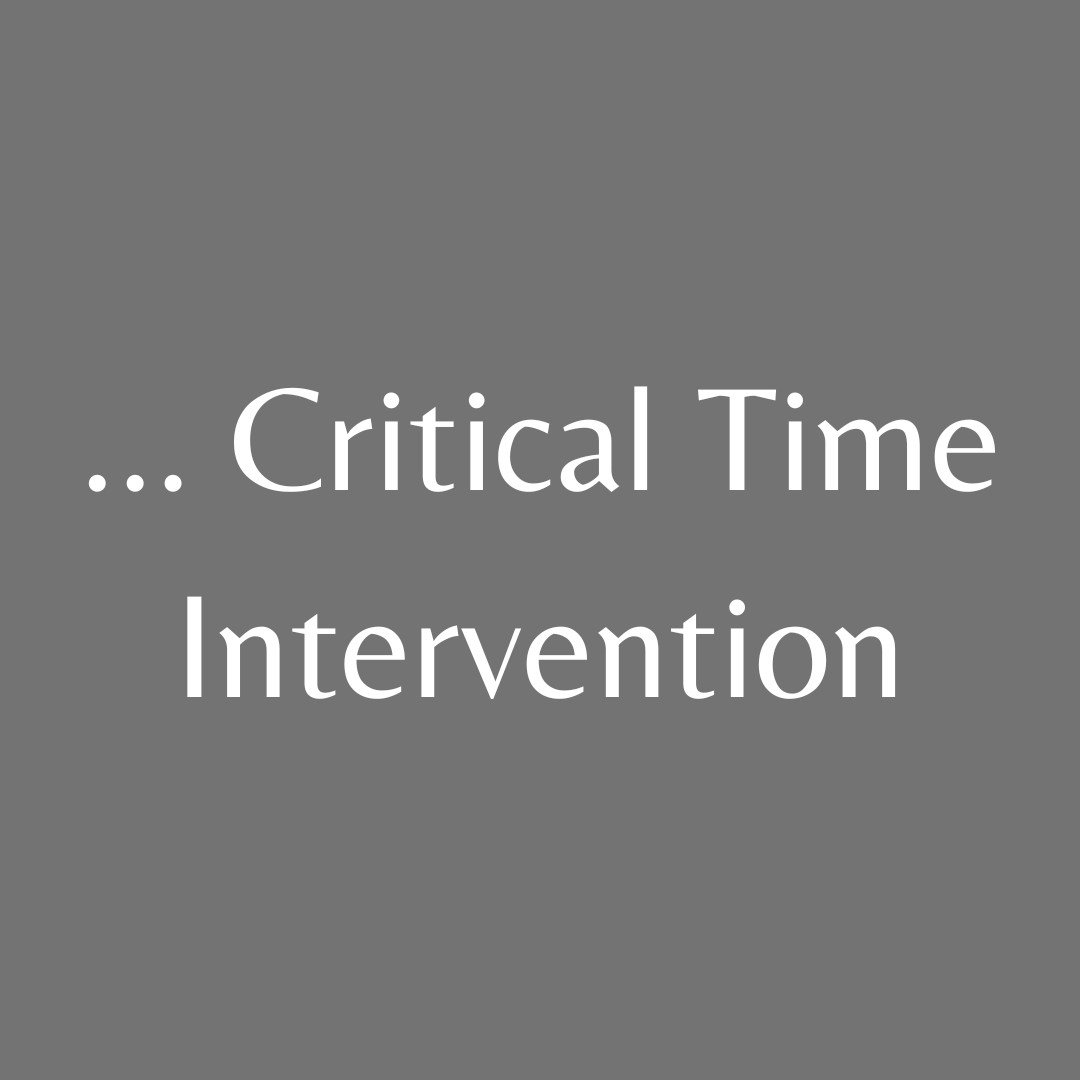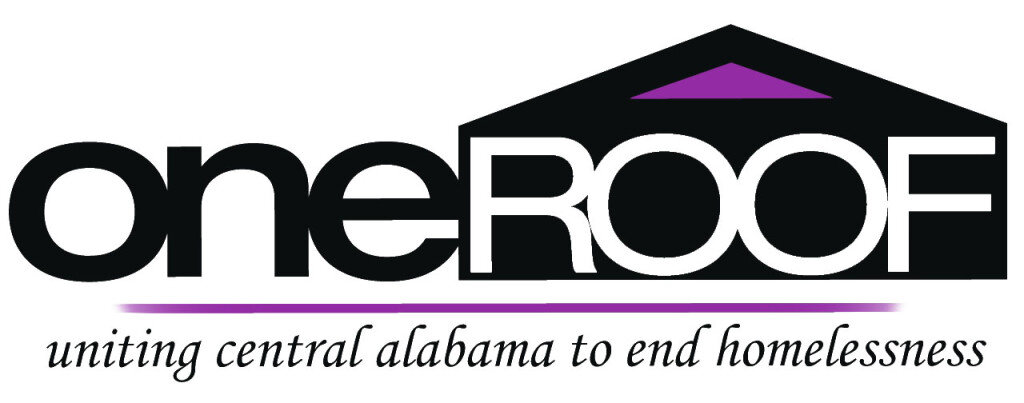At One Roof we strive to make available any resources that we believe will be an asset to our partner agencies. We want to share tips, tools, and resources that have been highlighted from national partners such as the National Alliance to End Homelessness and Housing and Urban Development.
Be sure to sign up here if you are interested in receiving a quarterly case manager newsletter.

De-escalation is the act of using techniques and skills, including verbal and non-verbal communication in a strategic manner to prevent the escalation of conflict or potentially dangerous behaviors. The individual may be experiencing distress, is upset in conflict, having a mental health crisis or traumatized.

Housing First is an approach that prioritizes providing safe, decent, and affordable permanent housing to people experiencing homelessness. It does not have service participation requirements or preconditions to housing. Once stably housed, individuals are better able to take advantage of wrap-around services to help support housing stability, employment, and recovery. Without stable housing, attaining these goals becomes much more difficult.

Case management refers to a collaborative and planned approach to ensuring that a person who experiences homelessness gets the services and supports that they need to move forward with their lives.

Critical Time Intervention (CTI) is a time-limited evidence-based practice that mobilizes support for vulnerable individuals during periods of transition.

Progressive engagement is a person-centered approach to ending someone’s homelessness. It is based on tailoring assistance to each individual or household’s needs then assessing what works best for them, with their specific strengths, and in their specific situation.

